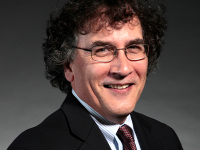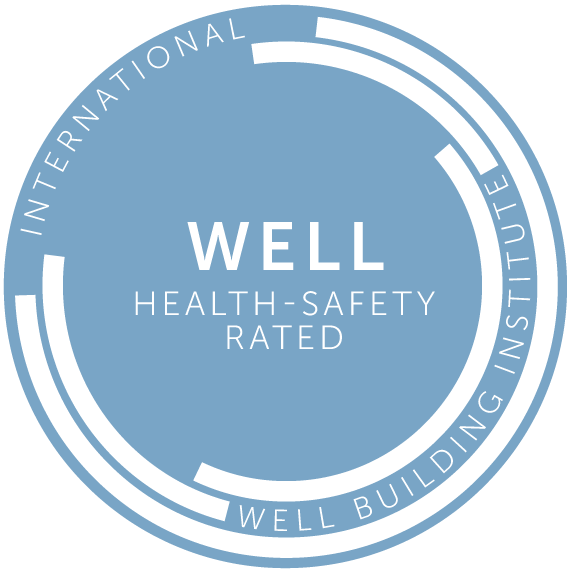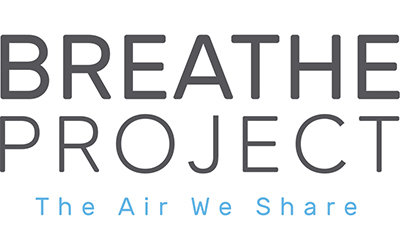Fracking and Health
John Stolz, Ph.D. | Director of the Center for Environmental Research and Education
Watch This Presentation:
The development of unconventional oil and gas reserves has dramatically changed fossil fuel extraction and processing. Directional drilling combined with slick water stimulation is now the standard method, with such modifications as the “zipper frac” and the “cube frac”, and mega pads with dozens of wells. Directional drilling is even seeing widespread application in pipeline construction. While these techniques have been successful at extracting oil and gas from the shales, they have also led to air and water contamination, and health issues. Since 2004, when the first Marcellus Shale well was drilled, and the end of 2019, there were over 10,300 complaints filed with the Pennsylvania Department of Environmental Protection, with over 4,400 related to water issues. While the industry has released the identity of most of the chemicals used in the fracking process, over 40 still remain classified as proprietary. Naturally occurring radioactive materials (i.e., NORMs), primarily in the form of radium 226 and 228, contaminate the drill cuttings and produced water. These toxic and radioactive wastes have been disposed of at sanitary landfills throughout Pennsylvania. The leachate from these landfills, now tainted by the oil and gas waste and radioactive, is typically treated at nearby public wastewater treatment plants and discharged into local waterways. Although the industry is currently in a downturn, with fewer wells being drilled, the old wells continue to generate produced water and will do so for the foreseeable future.

About the Speaker
John Stolz is a Professor in the Department of Biological Sciences and Director of the Center for Environmental Research and Education at Duquesne University. He received his BS degree in biology at Fordham University and PhD at Boston University in 1984 in microbial ecology and evolution. He was an NRC Post doctoral fellow at the NASA Jet Propulsion Laboratory and the Department of Geology and Planetary Sciences, California Institute of Technology, and an NSF Postdoctoral Fellowship in Plant Biology in the Biochemistry Department at the University of Massachusetts, Amherst. His main research interests are in the community structure of microbial mats and stromatolites; the microbial metabolism of metals and metalloids including arsenic, selenium, and nitrate; and water quality impacts of unconventional shale gas extraction. Dr. Stolz has published 95 journal articles, 42 book chapters, and author-edited three books.




